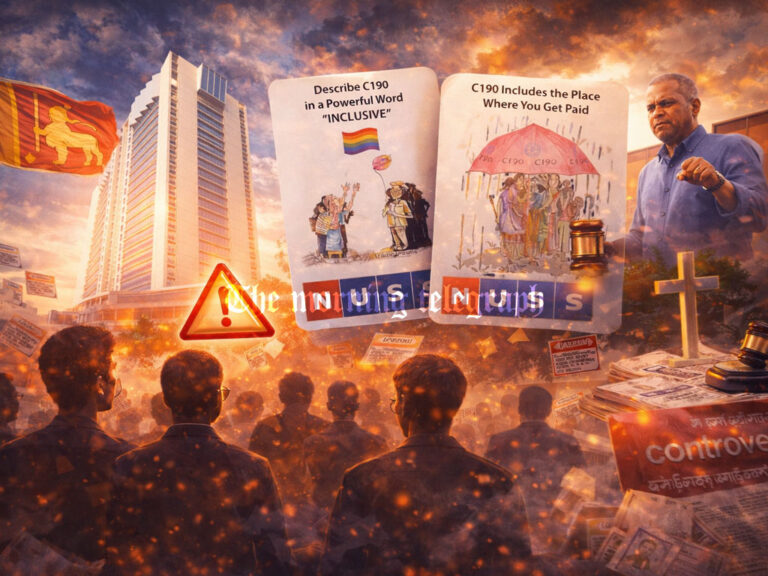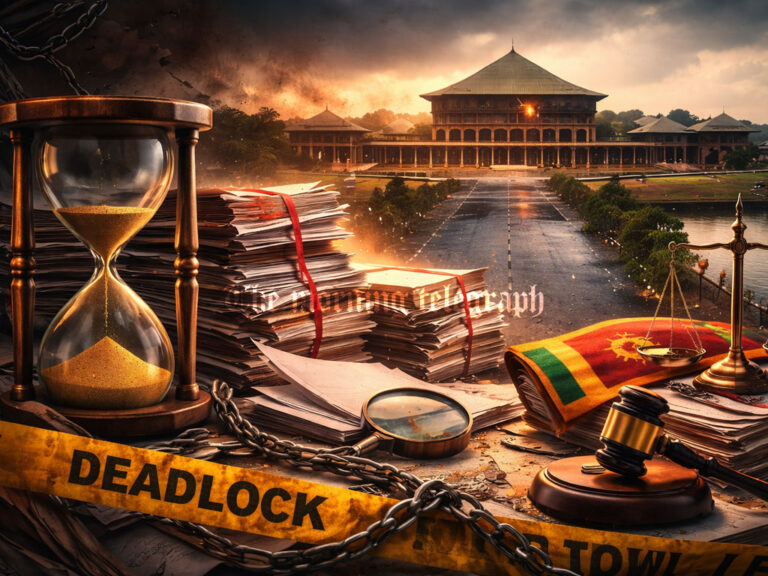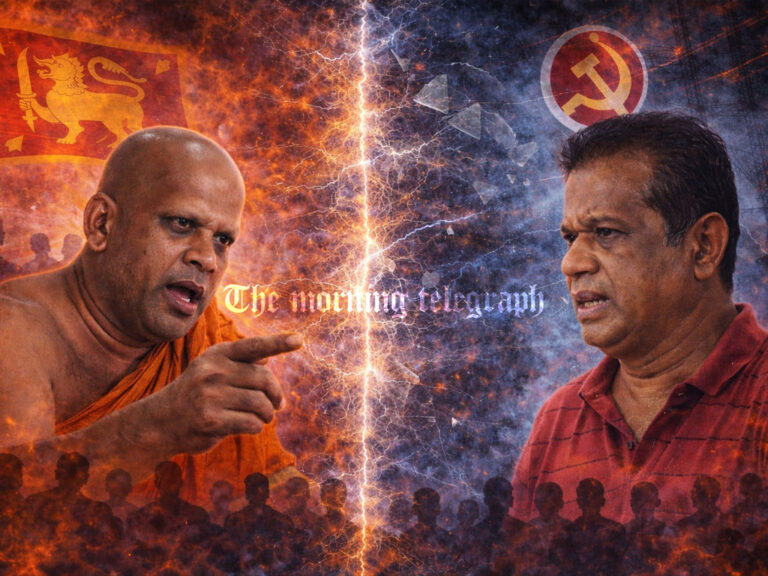
The recent decision by President Anura Kumara Dissanayake to reissue a gazette notice calling upon the armed forces to maintain public order has sparked significant backlash from human rights activists. Critics argue that this move is a continuation of a troubling precedent established in the wake of the Easter Sunday attacks under former President Maithripala Sirisena, which has been perpetuated by successive administrations.
Ambika Satkunanathan, a former member of the Sri Lanka Human Rights Commission, took to social media platform X to voice her disappointment regarding the reimplementation of this measure. She highlighted that Article 12 of the Public Security Ordinance, which empowers the armed forces to oversee public order, is both unnecessary and indicative of the ongoing militarization of the police force in Sri Lanka.
Satkunanathan characterized Article 12 as a tool that facilitates the maintenance of quasi-emergency conditions without parliamentary approval, effectively normalizing a state of emergency and allowing for the potential abuse of executive powers. In her post, she urged President Dissanayake to revoke the gazette notice immediately, emphasizing the need to prioritize human rights over security measures.
Despite the criticism, the president’s decision has garnered support from certain segments of the public on social media, who argue that ensuring public safety is crucial, especially with a general election on the horizon. Supporters contend that the deployment of military personnel is necessary to maintain order and can be reassessed following the elections.
The dichotomy in public opinion underscores the complex balancing act between security and human rights in Sri Lanka, as the nation navigates its political landscape ahead of the upcoming elections.




